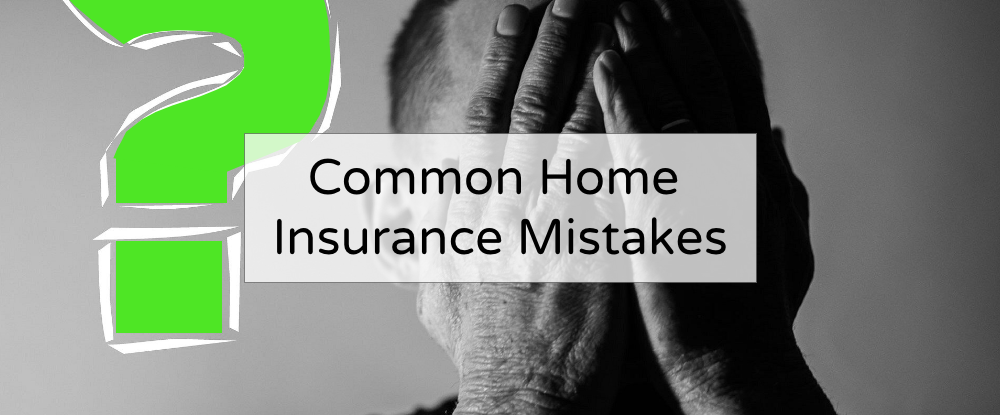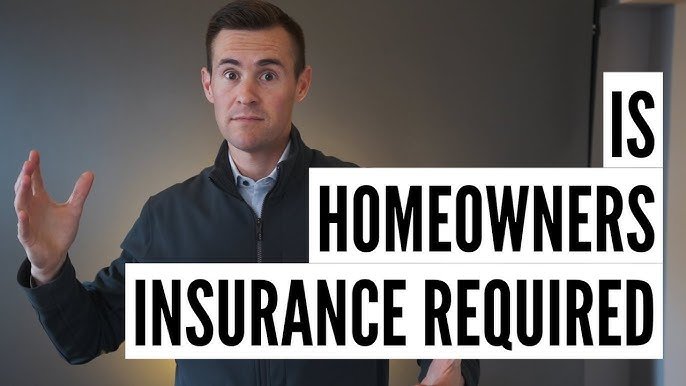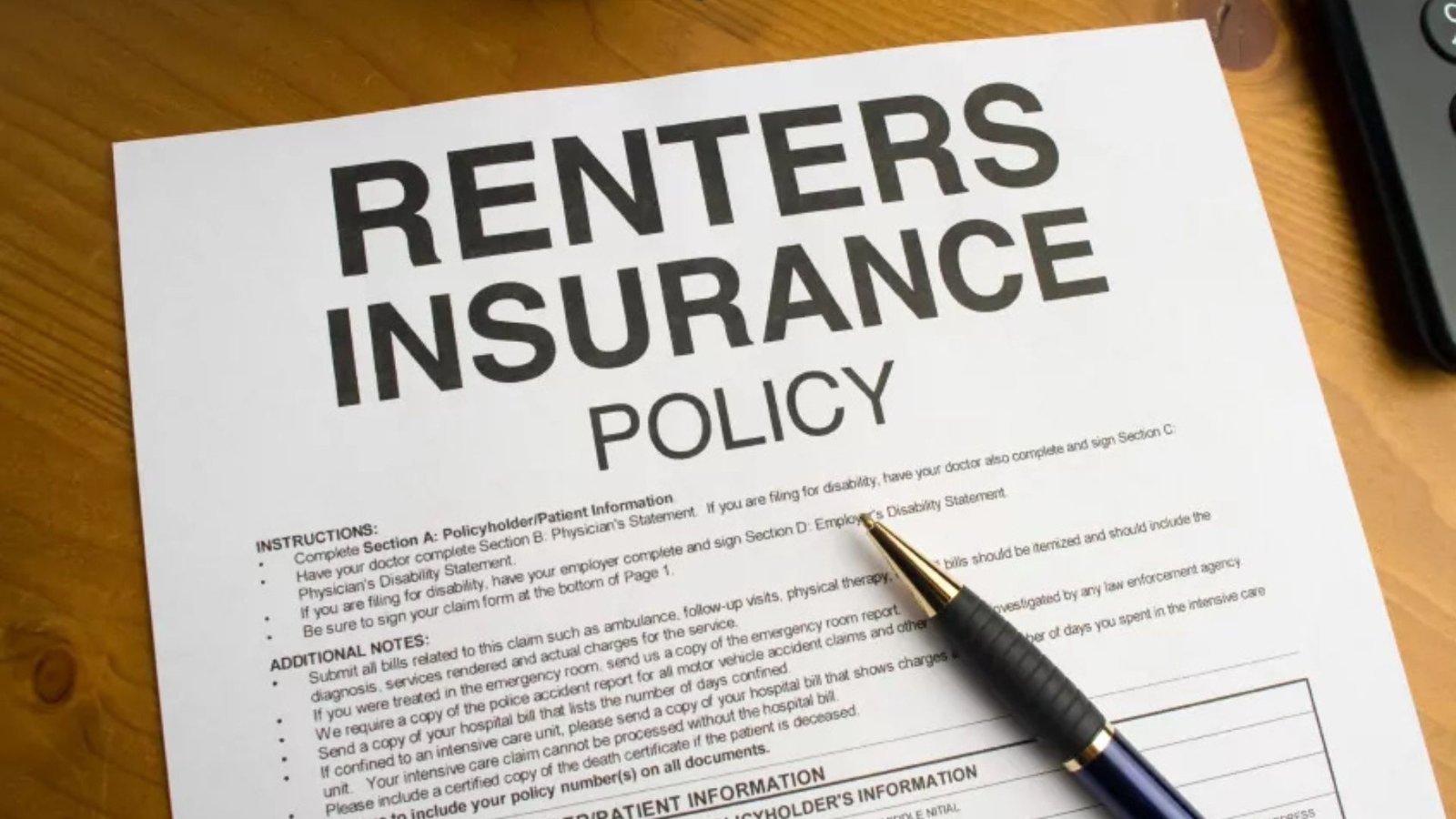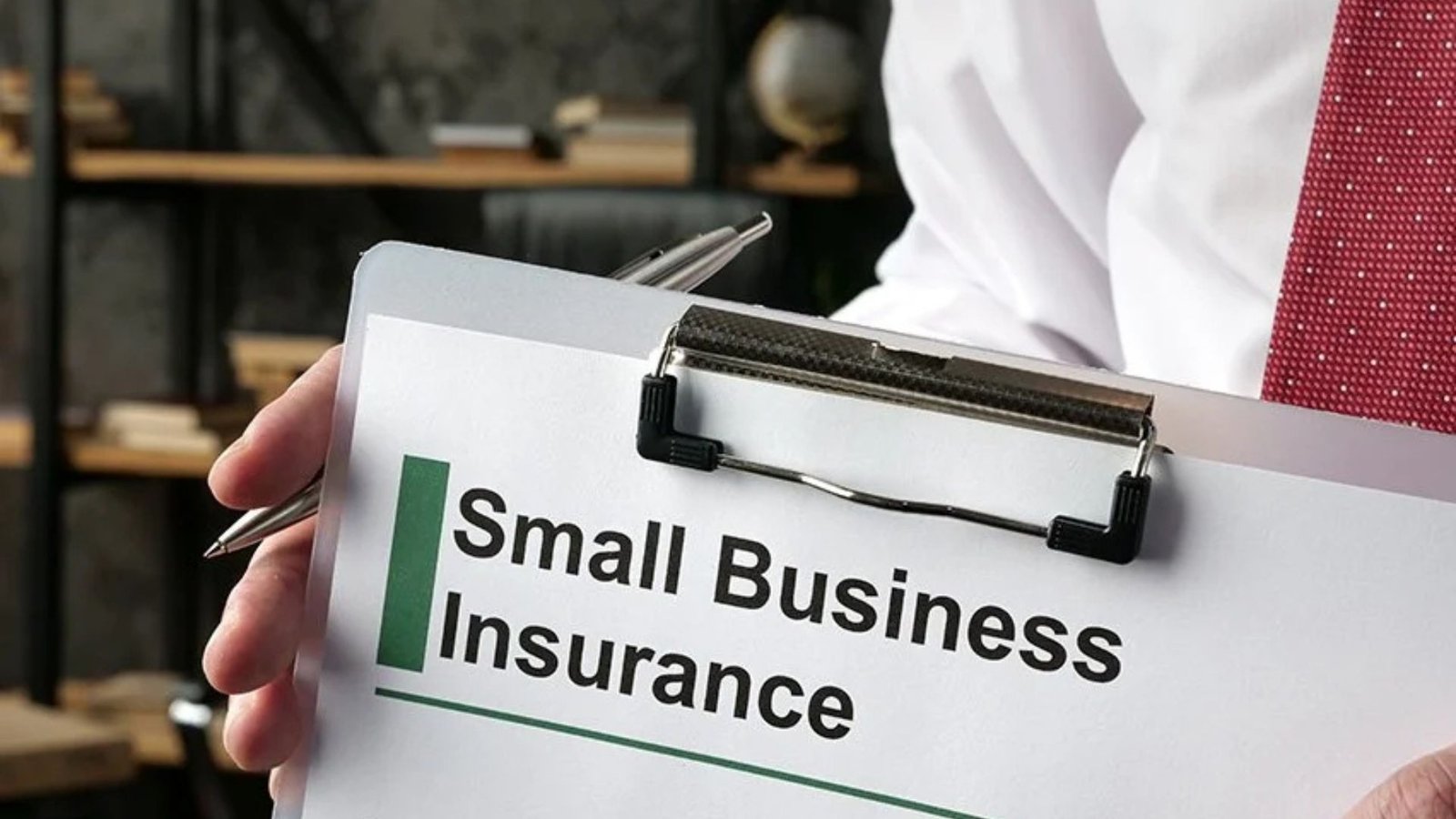When it comes to homeownership, securing the right home insurance is one of the most important steps you can take to protect your property and possessions. However, many homeowners make costly mistakes when it comes to their insurance coverage, leaving them vulnerable to financial loss in the event of a disaster. In this post, we’ll explore some of the most common home insurance mistakes and provide tips on how to avoid them, ensuring that you have the right coverage in place for your needs.
1. Not Reviewing Your Policy Regularly
One of the most common mistakes homeowners make is neglecting to review their home insurance policy regularly. As your life circumstances change—whether through renovations, purchases, or changes in the value of your property—it’s crucial to update your policy to reflect those changes. Failing to do so could leave you underinsured, meaning you might not receive the full payout you need in case of an emergency.
To avoid this mistake, review your policy at least once a year and after any major life events or changes to your home. This will help ensure that your coverage is up-to-date and adequately protects your home and belongings.
2. Underestimating the Value of Your Home and Possessions
Another common mistake is underestimating the value of your home or personal belongings when purchasing insurance. Many homeowners make the mistake of choosing a policy with a coverage limit that’s too low, thinking that the replacement value of their property is lower than it actually is. This can lead to significant financial strain if your home or possessions are damaged or destroyed.
To avoid this mistake, take the time to accurately assess the value of your home and its contents. Consider hiring a professional appraiser to get an accurate estimate of your home’s worth and make sure your policy provides enough coverage to replace everything in the event of a total loss.
3. Focusing Only on the Cheapest Policy
It’s natural to want to save money on insurance premiums, but choosing the cheapest policy without considering the coverage it provides can lead to serious financial consequences. A low-cost policy might offer limited coverage, high deductibles, or exclusions that leave you vulnerable when you need it most. For example, some policies may exclude natural disasters like floods or earthquakes, which could cause significant damage to your home.

While cost is an important factor, it’s essential to focus on the value and quality of coverage. Take the time to compare different policies and ensure that the one you choose provides the coverage you need at a price you can afford.
4. Ignoring Liability Coverage
Liability coverage is an important part of any home insurance policy, yet many homeowners overlook it. Liability insurance helps protect you if someone is injured on your property or if you cause damage to someone else’s property. Without liability coverage, you could be on the hook for medical bills, legal fees, and repair costs, which can quickly add up.
To avoid this mistake, make sure that your home insurance policy includes sufficient liability coverage. You may also want to consider purchasing an umbrella policy for additional protection, particularly if you have a high net worth or if you host guests frequently.
5. Failing to Understand Your Deductible
Many homeowners don’t fully understand how their deductible works, which can lead to confusion and frustration when filing a claim. A deductible is the amount you must pay out of pocket before your insurance coverage kicks in. Choosing a high deductible may lower your monthly premiums, but it could also mean you’re responsible for more of the cost in the event of a claim.
When selecting a deductible, carefully consider your financial situation and how much you can afford to pay in the event of an emergency. Make sure your deductible is manageable, and don’t choose one that’s so high that it could leave you financially strapped if disaster strikes.
6. Not Considering Additional Coverage for Specific Risks
Standard home insurance policies typically cover damage from fire, theft, and vandalism, but they may not cover certain risks such as flooding, earthquakes, or damage from sewer backups. If you live in an area prone to these types of disasters, you may need to purchase additional coverage to protect yourself.
Be sure to carefully review the risks that are excluded from your policy and consider adding endorsements or riders to cover specific threats. For example, if you live in a flood-prone area, purchasing flood insurance is essential to ensure your home is adequately protected.
7. Not Taking Advantage of Discounts
Many homeowners are unaware of the discounts they can qualify for, which could lower their premiums. Insurance providers often offer discounts for things like installing a home security system, bundling home and auto insurance, or being claims-free for a certain period. By taking advantage of these discounts, you can save money without sacrificing coverage.
Don’t forget to ask your insurer about available discounts and review the options before purchasing your policy. It’s an easy way to ensure you’re getting the best deal on your home insurance.
8. Not Keeping an Inventory of Your Belongings
In the event of theft or damage to your home, having an inventory of your possessions can make filing a claim much easier and more accurate. However, many homeowners neglect to keep an inventory or fail to update it as they acquire new items. This can make it difficult to prove the value of your lost property and result in a lower payout.
To avoid this mistake, create a detailed inventory of your belongings, including receipts, photos, and serial numbers for valuable items. Update the inventory regularly and store it in a secure location, such as in the cloud, so it’s accessible in the event of a claim.
Conclusion
Home insurance is an essential part of protecting your home and belongings, but many homeowners make mistakes that leave them underinsured or exposed to financial risk. By understanding these common mistakes and taking steps to avoid them, you can ensure that you have the right coverage for your needs. Regularly review your policy, assess the value of your property, and choose the right coverage to provide the protection you need for peace of mind.











